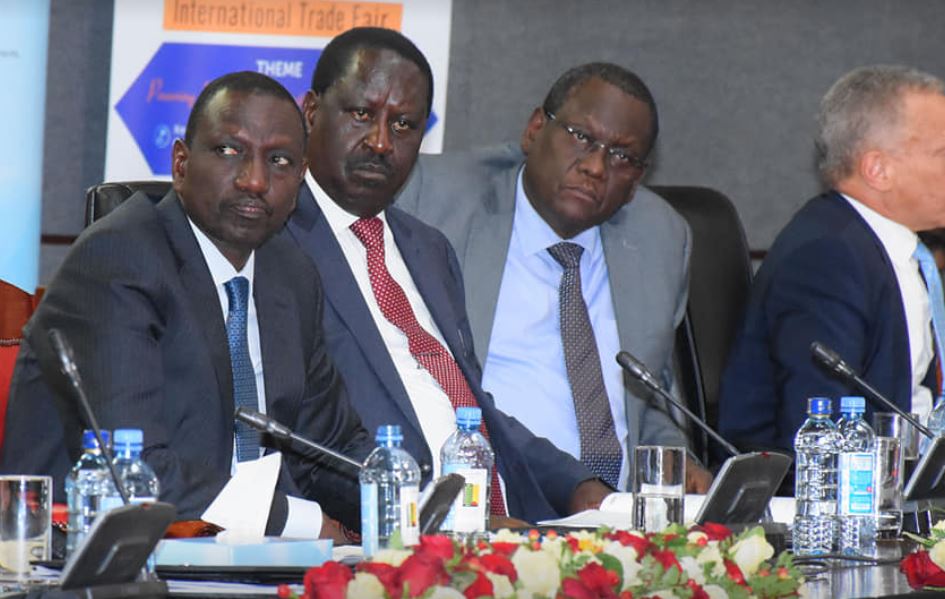×
The Standard e-Paper
Home To Bold Columnists

NAIROBI, KENYA: Deputy President William Ruto wants Kenya to seize the opportunity of access to free trade area market so as to bridge the trade deficit it is facing.
He said it was regrettable that despite trade volumes growing in recent years, it was not in favour of Kenya as it was importing more than it was selling to foreign markets.